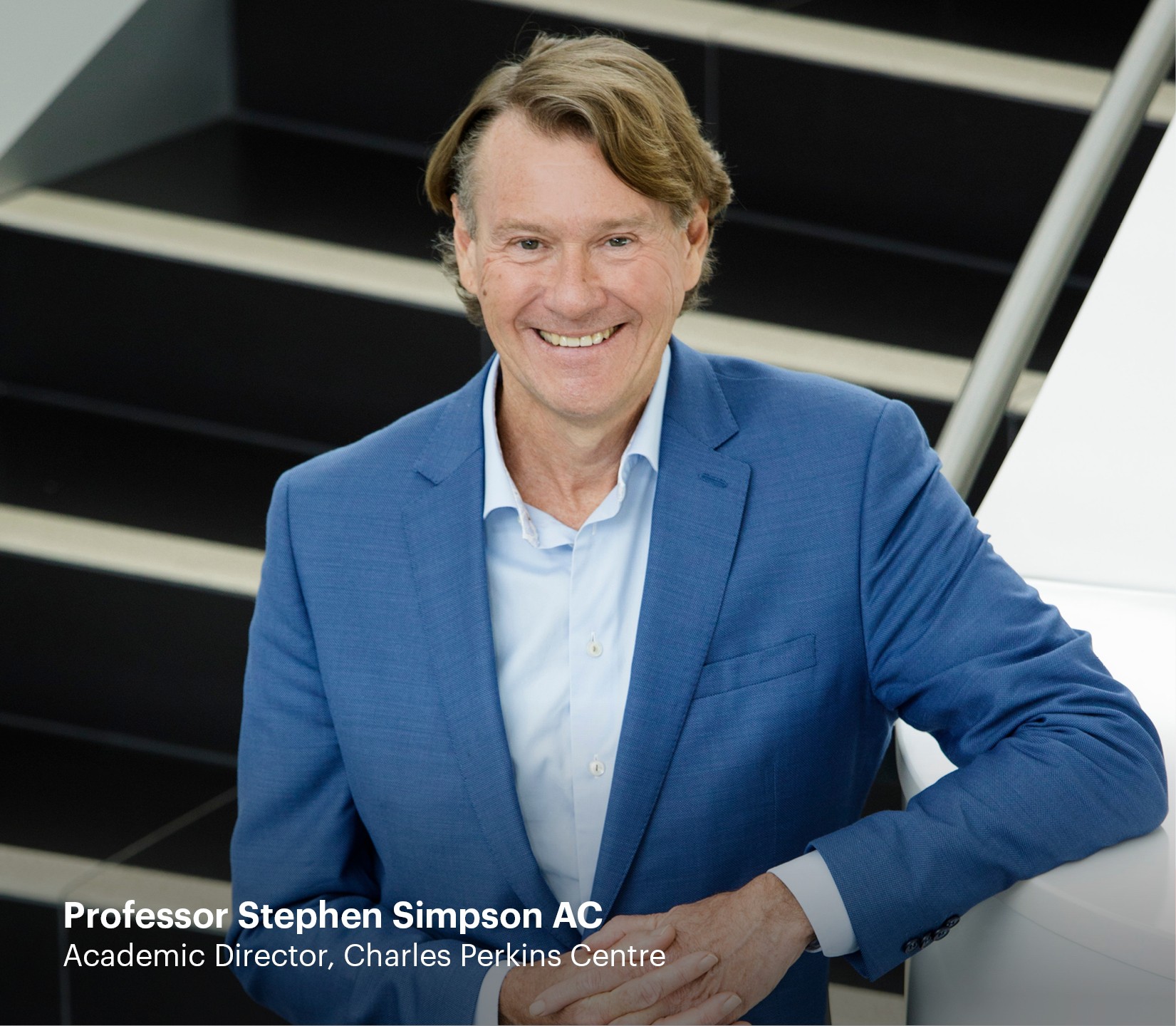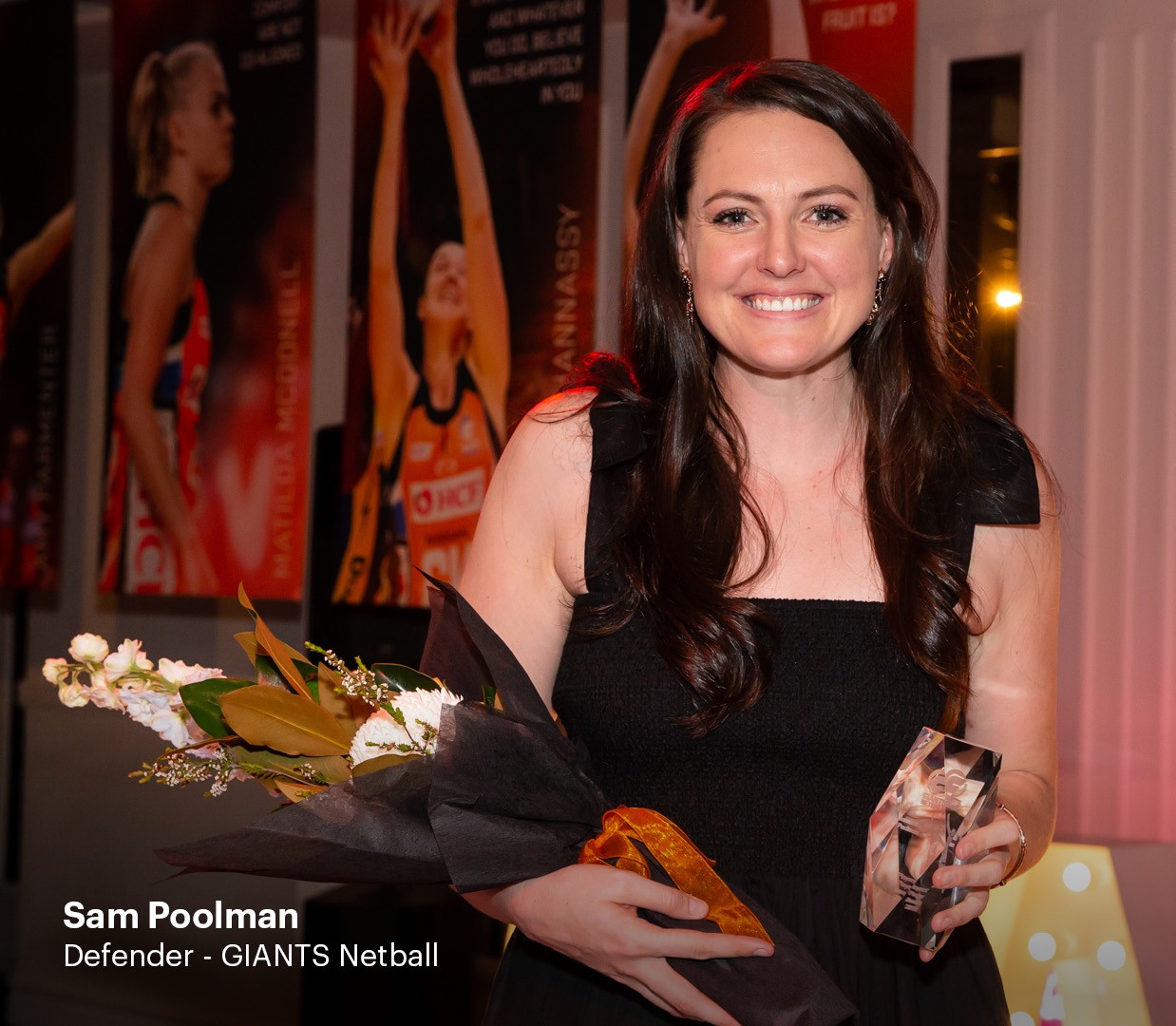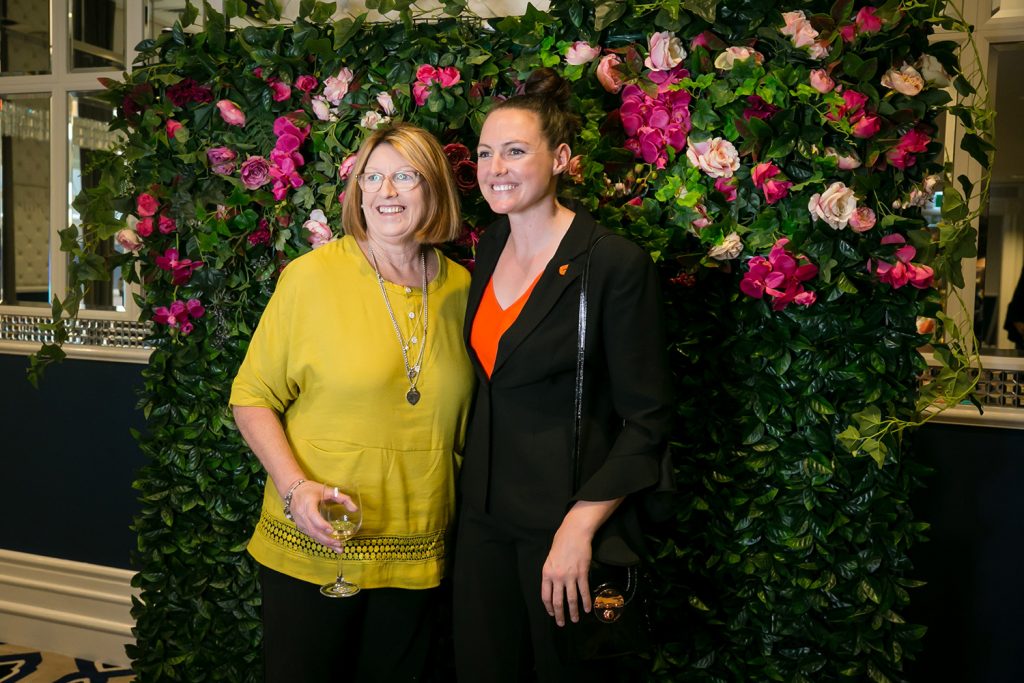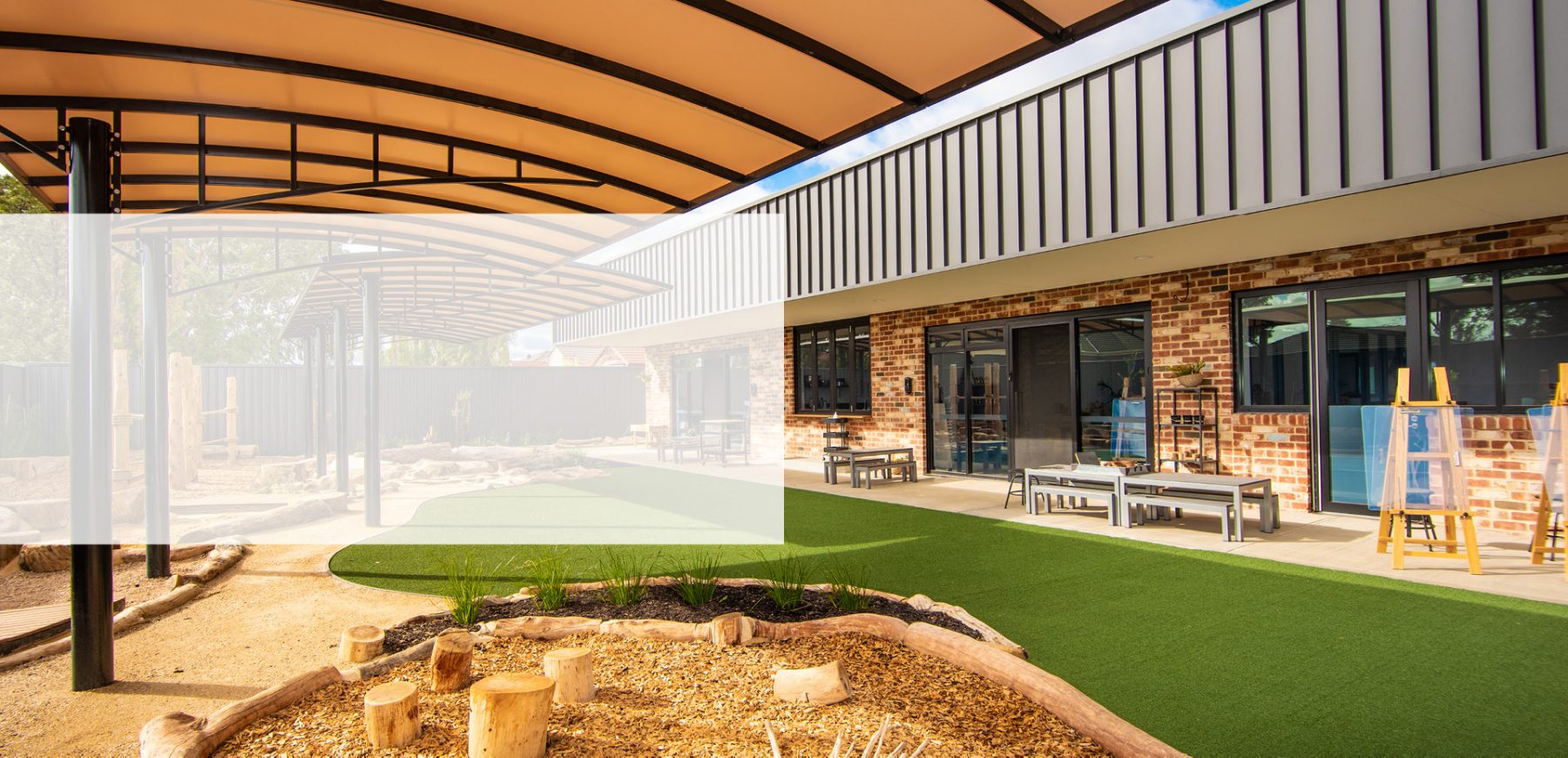Bright minds
Fast forward to 2021 and the Charles Perkins Centre at Sydney University has become synonymous with world-leading research, and life-changing insights. “What we set out to do was to address the really difficult, largely intractable challenge of the burden of chronic disease; the global epidemic of obesity, diabetes, cardiovascular disease, and everything associated with those health conditions,” Professor Simpson explains. “To tackle those problems, it’s not like making a vaccine for an infectious disease agent, it’s much more complicated. It involves the whole of society; the way we feed ourselves, the way we’ve built our living environments, our work environments and transport systems and so forth. It’s a whole of society challenge. And it requires far more than a simple medical solution.”
The Charles Perkins Centre is a hub for some of the brightest minds in Australia. The building houses nearly a thousand people, including philosophers, historians, playwrights, novelists, poets, biomedical scientists, engineers, mathematicians, people working in pediatrics and dietetics, allied health professionals and clinicians. “We have our own hospital clinic and we treat 10,000 to 15,000 patients a year here. We teach 20,000 students a year in this same building,” says Professor Simpson. “We have this extraordinary community of researchers, many of whom are early career researchers, post-docs and PhD students.”
The opportunity of a lifetime
Soon, another bright young mind will be joining the Charles Perkins Centre community, with the introduction of FDC’s Postgraduate Research Scholarship. The $150,000 three-year PhD scholarship, will be awarded to a student facing social or financial disadvantage and help further research into the childhood obesity epidemic.
“It was important that the PhD scholarship be directed to a student with a disadvantage when it comes to being able to undertake tertiary education. There are many incredible researchers with a tremendous ability to change how our future generation can live better. We wanted to ensure they were given an opportunity to excel” Ben Cottle, Managing Director, FDC.
What does childhood obesity have to do with construction? Well, to FDC, everything. When you consider FDC’s position as a family-owned Australian company with an altruistic heart, a scholarship that will positively impact generations to come makes perfect sense.
“There is no more significant time in our lives to get to grips with obesity, than when people are very young in childhood, so it’s an incredibly important project,” says Professor Simpson. “Why an early career researcher, a PhD student? When it comes to actually doing things, you need to get your researchers young. And a PhD is the time when you can take a brilliant young person and put them on to a really significant project.
“You can surround them in an environment where they have access to extraordinary minds across disciplines and give them the opportunity to do something really important. More than that, you can take their discoveries, not only to develop their career, enriching the whole system as they go, but you can also build upon what they’ve discovered through other projects and subsequent work.”
Research and discovery
Research shows that health and mortality risks increase with the number of years someone is living with obesity. A quarter of the nation’s children over 2 years of age (more than 1.2 million) are now overweight or obese, and childhood obesity quadruples the risk of type 2 diabetes. Remote and regional communities are particularly susceptible. “If you’re dealing with multi-ethnic communities in the west of Sydney or whether you’re working with Aboriginal communities in rural and remote areas, there are very specific cultural and behavioral contexts that you need to be aware of, and education is part of that,” explains Professor Simpson.
“These are lessons that have come to us from unexpected realms, including from one of our writers in residence, Emily Maguire, whose book, Love Objects, was recently published. She pointed out that in disadvantaged communities, it’s not lack of understanding about what constitutes a healthy lifestyle that’s the main problem, it’s lack of time, money and opportunity, and the human need to be loved and accepted by family and friends. These together drive the reliance on cheap, convenient, but unhealthy highly processed foods.”
Speaking of highly processed foods (and beverages), if there was one thing Professor Simpson wants you to know, it’s to avoid them. “They hack our appetite control systems. You won’t be able to avoid eating them because they’re designed to be irresistible.” Instead? Place your exquisitely evolved and still functioning appetites in a food environment where they work for your health, not for the processed food industries: whole foods such as nuts, fruits, vegetables, healthy oils, unrefined grains, pulses and moderate amounts of quality meats, if you’re that way inclined. That’s just one thing at the crux of his new book, Eat Like The Animals, in which Professor Simpson and co-author (and Picasso Professor) David Raubenheimer explore what nature can teach us about the science of healthy eating. “Discoveries beget more discoveries and impact,” says Professor Simpson. “Having the opportunity to support a bright young PhD student working in childhood obesity, in a place like the Charles Perkins Centre? It’s things like this generous gift from FDC that will change the world.
More information on FDC’s PhD Scholarship can be found here: https://www.sydney.edu.au/scholarships/c/fdc-phd-scholarship.html








